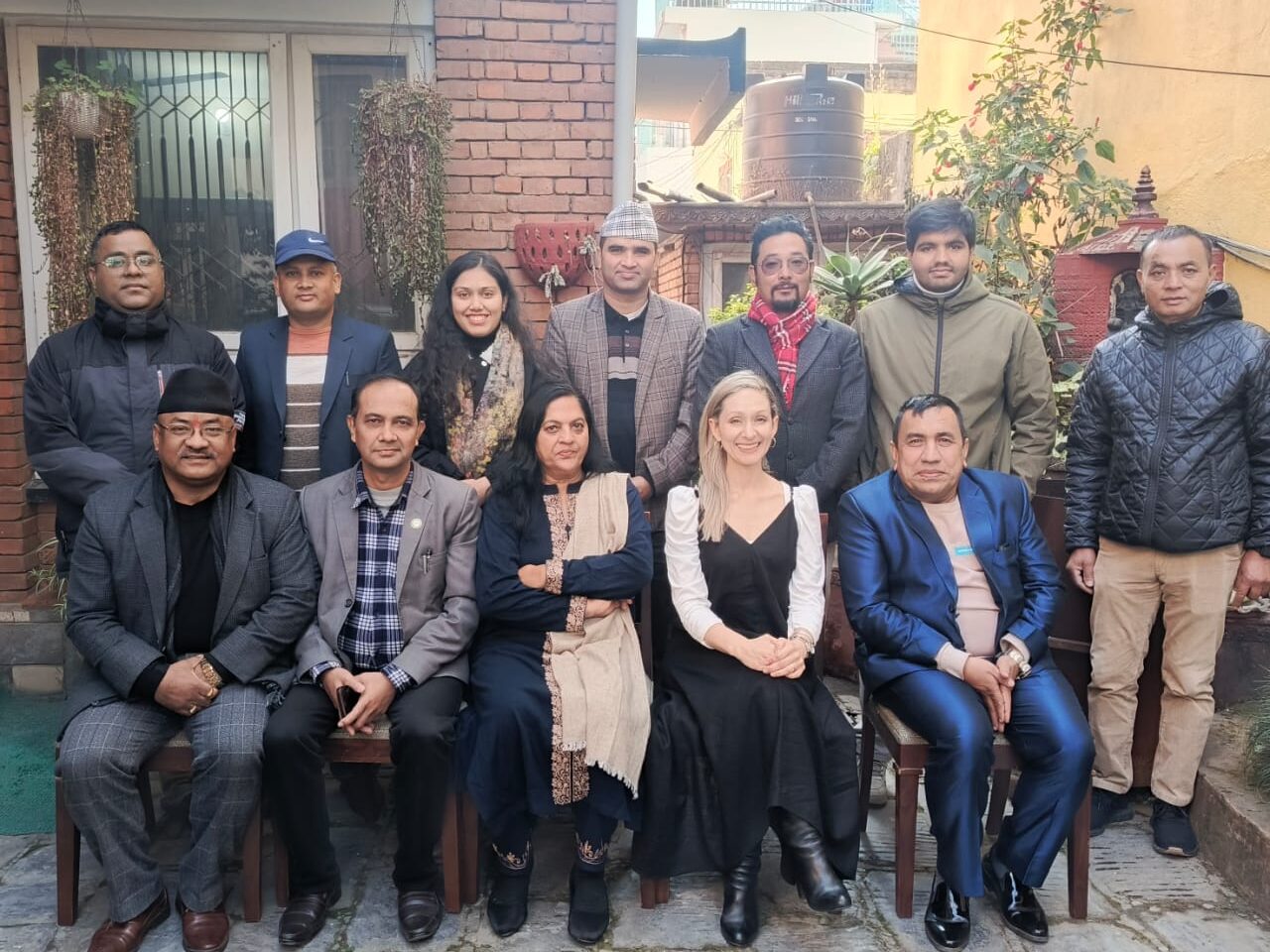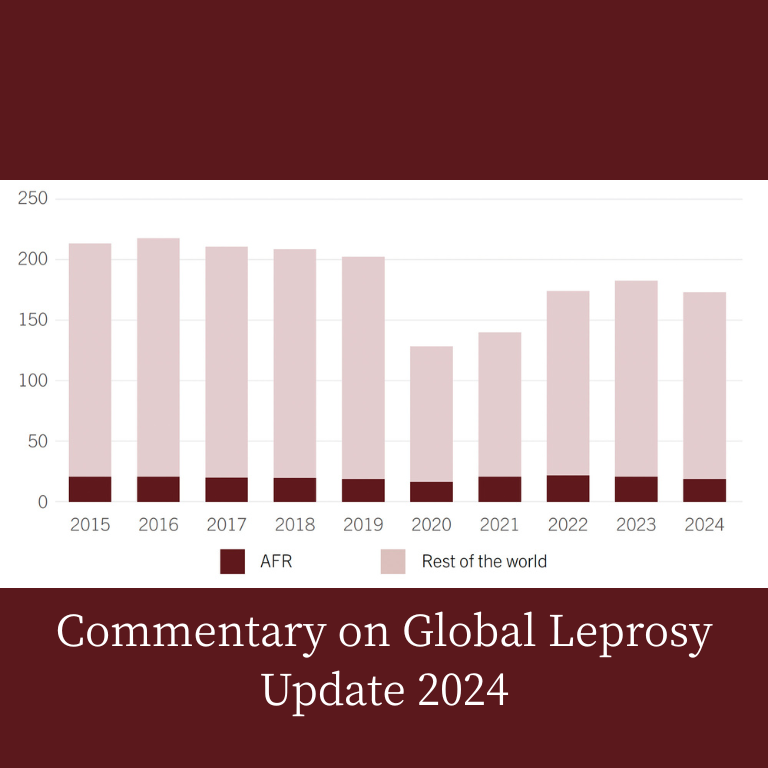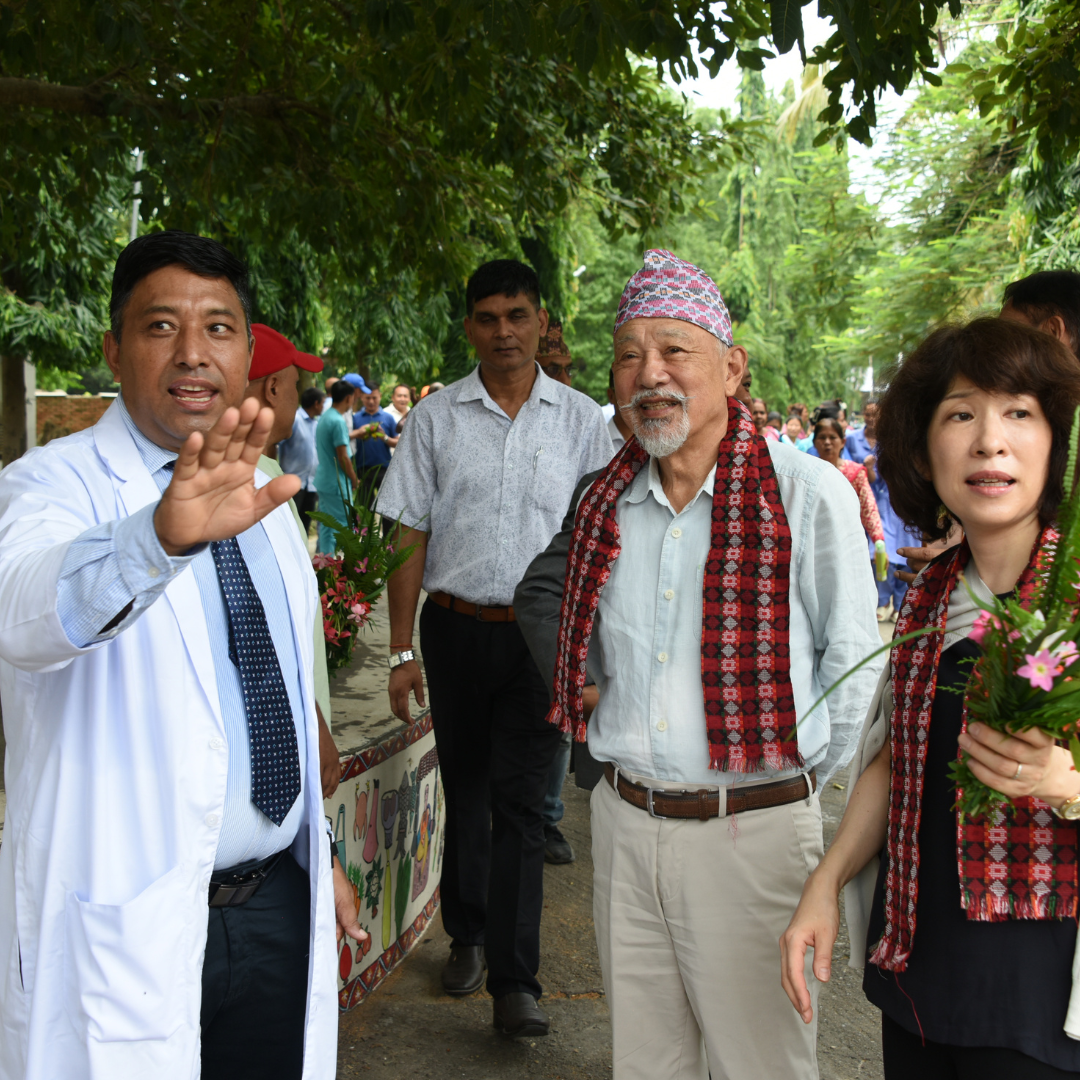Contributed by Dr. Alice Cruz
While we still lack systematic evidence that would enable us to identify good practices for eliminating discrimination on the grounds of leprosy in an accurate manner, tangible outcomes have surely resulted from access to justice and strategic litigation in at least three countries: Japan, India, and Brazil. However, in the majority of countries, oversight institutions fail to monitor discrimination on the grounds of leprosy. Access to fundamental rights by persons affected by leprosy continues to be hindered by multiple barriers, and justice, remedies, and reparation are seldom provided. Can a right without a remedy be considered a right at all? Hardly. One of the main barriers for persons affected by leprosy to accede rights and remedies is the systemic denial of their right to access to information, as a result of limited access to education. That is why empowering persons affected by leprosy to know their rights and how to claim them is of the essence for fighting systemic and structural discrimination against them.
With this need to empower in mind, the Sasakawa Health Foundation (SHF) decided to promote partnerships between bar associations and organizations of persons affected by leprosy. The goal is to strengthen the legal literacy of persons affected by leprosy and their representative organizations. Bar associations can provide training on entitlements provided by domestic law; domestic mechanisms for filing complaints and acceding remedies and reparations; free legal aid services; social protection and disability benefits (among other relevant programs, such as those for reducing poverty or promoting gender equality); and administrative procedures.
Recognizing that Nepal has yet to abolish discriminatory norms against persons affected by leprosy under its Civil Code, and that there are also positive normative opportunities within the country’s legal framework, SHF decided to launch a project with the Nepal Law Society (NLS). Such a project was thoroughly discussed with the representatives of the organizations of persons affected by leprosy in Nepal. Some of these representatives will be hired as experts. The project will start with legal research on national legal frames that can protect persons affected by leprosy and promote their rights. Then it will identify gaps in the current normative framework, as well as barriers to its implementation. Based on the legal research, it will provide training to the leaders of the organizations of persons affected by leprosy from the seven provinces of Nepal. Next, the leaders of the organizations will train persons affected by leprosy at the grassroots on their rights and how to accede entitlements and benefits. NLS will also work further on legal and policy change, always in partnership with the organizations of persons affected by leprosy and their partners. The project aims for positive cascade effects and long-term, sustainable impact.









-1.png)
